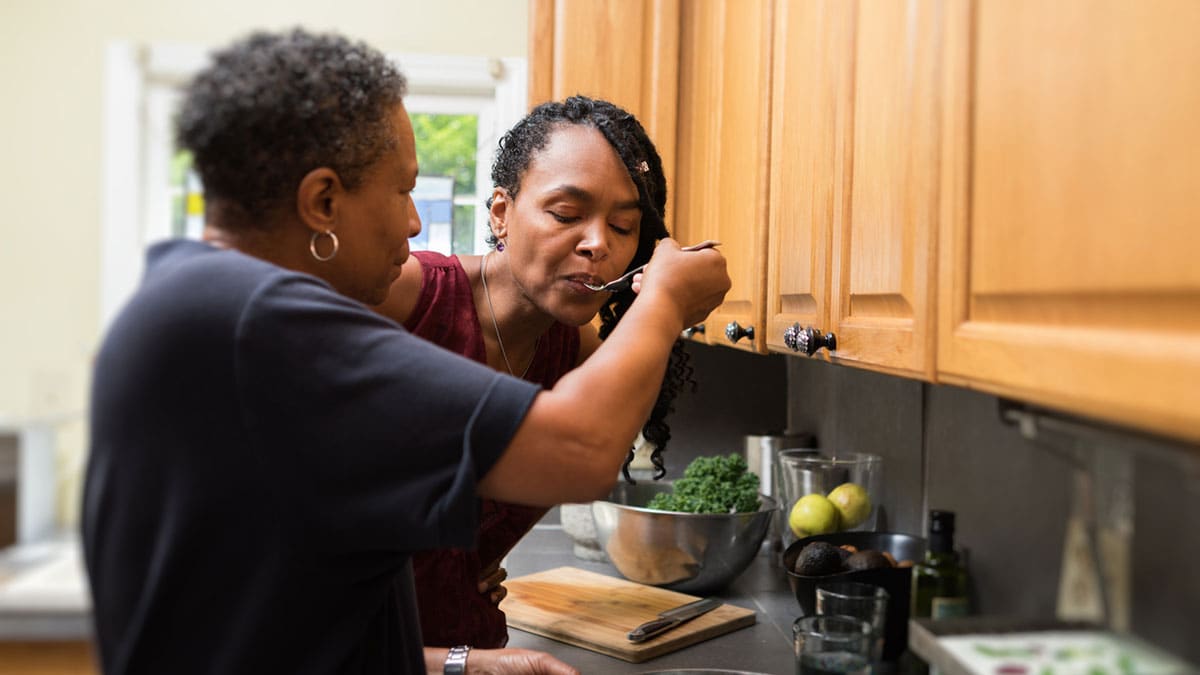Key points
- Informal or unpaid caregivers (either family members or friends) are the backbone of long-term care provided in people’s homes.
- Despite the great sense of reward you may feel, caregiving can be hard.
- To continue being a good caregiver, you need to take care of yourself.
- Make sure you have consistent breaks from your caregiving responsibilities.
- If you know someone who is a caregiver, there are ways to help.
Respite care
Respite care allows caregivers time off from their caregiving responsibilities.
If you are a caregiver, you may be able to get a break from your caregiving responsibilities with support from:
- Family or friends.
- Nonprofit groups.
- Government agencies.
Different types of services are available:
- In the home.
- Adult day care.
- Short-term nursing home care.
Even a few hours of respite a week can improve your well-being.

Getting support
Family and friends
Here are some suggestions for getting help from people you know.
- Identify a caregiving task or a block of time that you would like help with.
- Start a shared online calendar where people schedule regular help.
Your doctor or other health care provider
Does your doctor know you are a caregiver?
- Tell your doctor the roles you serve as a caregiver.
- Health care professionals may know support groups that can help.
Nonprofit organizations or government agencies
Help finding information and care services may be available from the following organizations:
- Alzheimer's Association
- American Heart Association's Support Network
- American Cancer Society's Caregiving resources
- American Lung Associations Help and Support page
- National Respite Locator
Offering support to caregivers

Do you know someone who is a caregiver? Here are things you can do to support them:
- Help them with errands, chores, and other tasks.
- Provide emotional and social support.
- Negotiate times to check in on them.
- Help them manage their own health care needs.
- Help them create and manage a care plan for the person they care for.
- Encourage them to seek mental health services if necessary.
- See CDC's free Complete Care Plan and other caregiver resources.
- Zarit SH, Whetzel CA, Kim K, et al. Daily stressors and adult day service use by family caregivers: effects on depressive symptoms, positive mood, and dehydroepiandrosterone-sulfate. Am J Geriatr Psychiatry. 2014;22(12):1592-1602. doi:10.1016/j.jagp.2014.01.013
